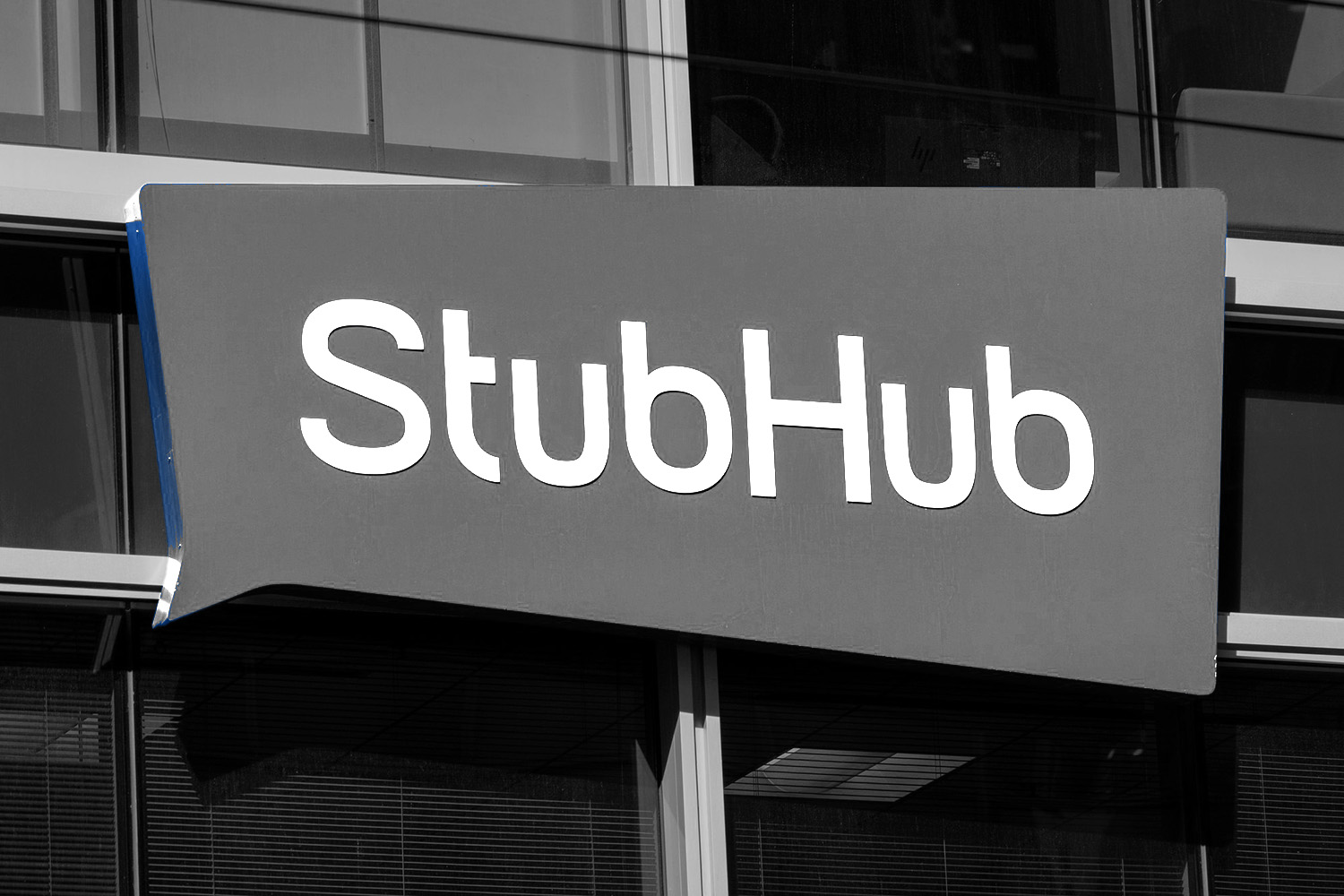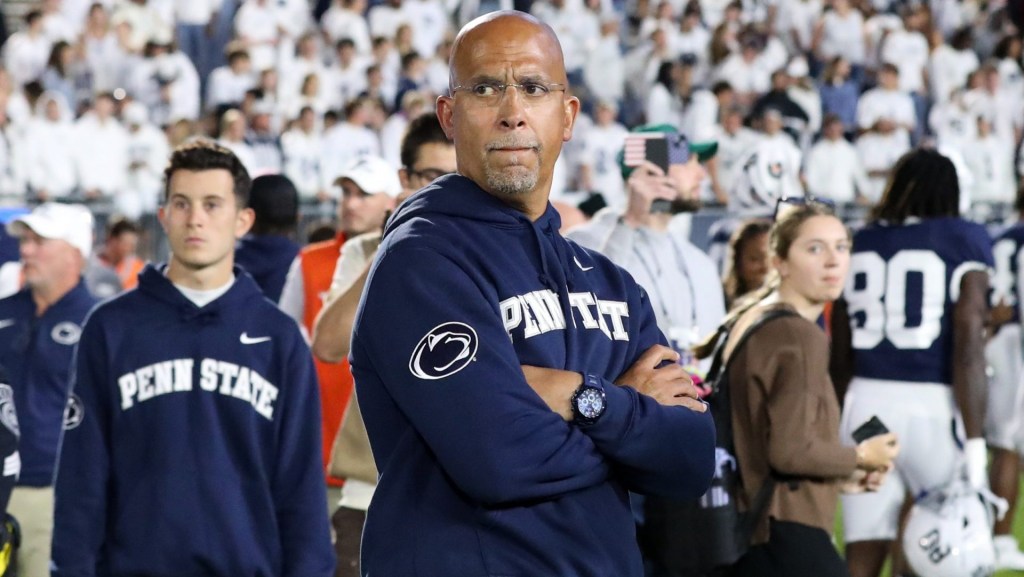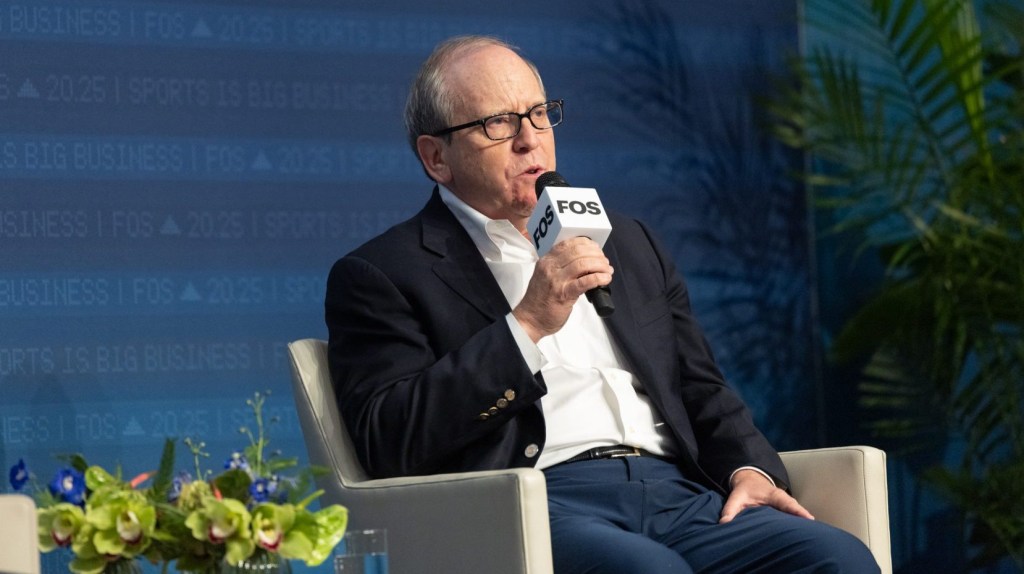After nearly six months of delays, ticket marketplace StubHub is reviving its plans for an initial public offering, but with many of the same macro-level issues that surrounded the initial effort.
The company issued an amended prospectus on Monday for the IPO and has initiated an investor roadshow, looking to raise as much as $851 million from the sale of more than 34 million shares. The new effort, following one from March and advancing upon it with new pricing details, is targeting a valuation of about $9.2 billion as StubHub reenters what it hopes will be a calmer market. StubHub previously paused the IPO plans due to prior turbulence in the stock market in the wake of tariffs imposed by U.S. President Donald Trump.
Multinational ticket company Viagogo has owned StubHub since 2020 after acquiring it from the publicly traded eBay in a $4.05 billion deal. Viagogo is backed in part by several private-equity firms and StubHub shareholders, including Madrone Capital Partners and Bessemer Venture Partners.
The global ticket market, however, remains in a period of transition and turbulence, even as consumers continue to return in force to live events. StubHub posted a net loss of $111.8 million for the first half of 2025 on $827.9 million in revenue, more than double the comparable loss of $50.2 million in the comparable period in 2024 on $803.5 million in revenue. Currency-related issues contributed significantly to the amplified loss.
Other companies, however, have seen similar issues. Vivid Seats went public in 2021 through a special purpose acquisition company, but has seen its stock lose more than 93% of its value since then, and it completed a reverse stock split last month. SeatGeek has considered an IPO on multiple occasions but has yet to do so, and reportedly had a wave of layoffs early this year. Ticketmaster parent Live Nation is a notable outlier, with its stock up by 28% this year.
StubHub’s core mission in its new structure, though, is to blend primary and secondary ticketing in a far deeper way. A recent agreement with Major League Baseball is a step in that direction, as it will incorporate direct issuance technology to allow fans to access primary-market tickets through StubHub.
“There is a critical need for a global marketplace that ensures liquidity, transparency, and trust for all ticketing transactions, whether they involve secondary sales or original issuance,” StubHub said in the prospectus.
Erased Memory
The revised StubHub prospectus, meanwhile, continues to omit the contributions of company cofounder Jeff Fluhr. The formation of StubHub 25 years ago was a combined initiative between Viagogo CEO Eric Baker and Fluhr, then a fellow Stanford student. As CEO of StubHub in the early 2000s, Fluhr led key efforts such as fundraising and the signing of initial sports team and league partners that gave the company a critical early stamp of legitimacy.
As was the case in the spring, though, the latest IPO prospectus repeatedly refers to Baker as a singular founder of StubHub and does not mention Fluhr, now a venture capitalist, at all.
Baker, who left the company in 2004 before returning years later, will still hold 88% of StubHub’s voting power after the IPO.

















